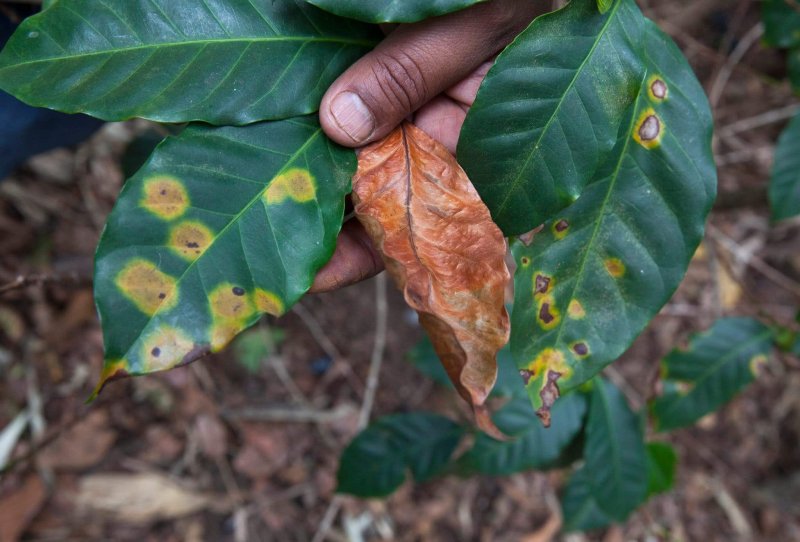Humanity consumes a half-trillion cups annually of the caffeinated brew — almost double from a decade ago — yet coffee production is one of the most antiquated industries in all of agriculture. There hasn’t been a major effort to develop a new coffee bean varietal in half a century and we’re now witnessing the consequences: a crop that simply can’t survive much longer in our changing climate.
“Current varieties of coffee aren’t optimized for current conditions,” said Vern Long, chief executive officer of World Coffee Research, an industry group funded by major roasters. “It’s a crop health crisis. Imagine if the last time vaccines were worked on was 1967.”
World Coffee Research is launching a global breeding network in 2022 to encourage the development of heartier and more diverse coffee varieties. New biotechnology startups are also using Crispr and other gene-editing tools to jumpstart the long-overdue evolution of this cultivated plant, the genome of which was first sequenced in 2017.
Investors and lawmakers must support significant changes to coffee production to future-proof our supply, and not just in coffee-producing nations — coffee-consuming nations must also join the effort.































